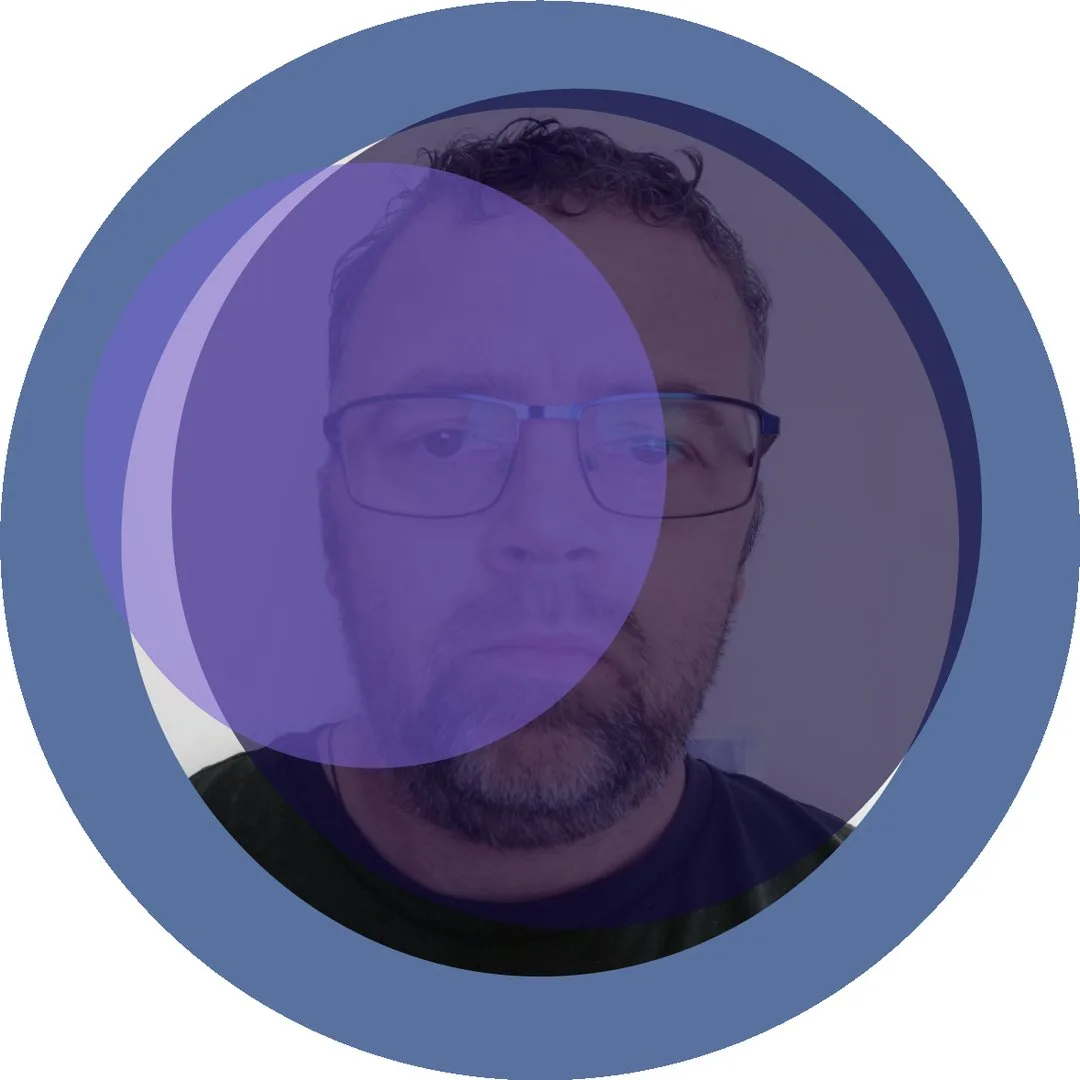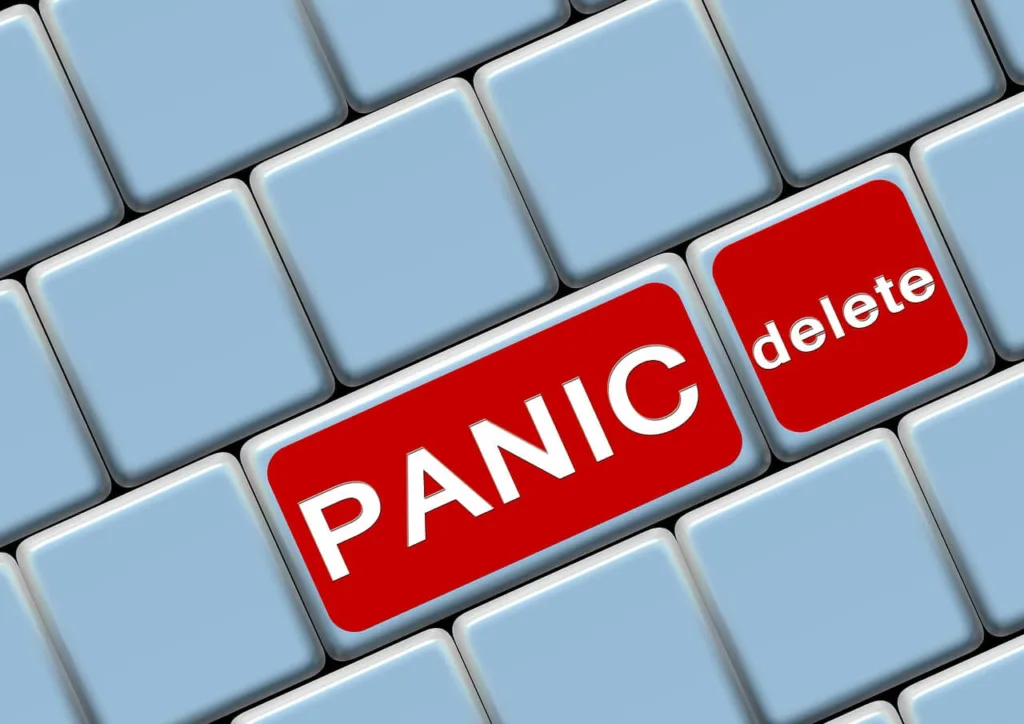Make the PhD Your Own
I did not discover my PhD, more like it discovered me. I applied for a PhD position in which the topic had been pre-determined by academics. Luckily, it was a subject that combined my interests in football and media. After the initial excitement of my success of being appointed, the realization of the monumental task ahead soon struck me.
You may find that you are asking yourself, ‘Where do I begin?’ I found myself with this specific question. At first, the PhD might seem daunting and colossal. The topic may be the idea and concept of someone else, like it was for me, but this does not mean you cannot make it all your own. Regarding my own circumstances, I had the benefit of researching a similar subject for my undergraduate thesis. It was made clear, by my supervisors, that the area was mine to develop as I felt appropriate. Though the topic was set, I could choose the route, direction, theories, methods, which really helped to allow me to add my (proverbial) stamp and flavour to it.
The Importance of Reading Widely
The first thing you must do is to read and read and read, especially subjects you are interested in. Reading at first should be from a perspective that is as wide as possible within your general topic area. Initially, this will provide ideas on how to continue your research and add to your knowledge of subjects. My initial feelings were toward the challenges surrounding approaching the topic and from which angle. Although supervisors provided the general theme, I had no idea how to proceed. Reading allowed me to narrow the scope. The more I read, the narrower the scope became. Of course, reading will also provide information on methods, methodologies, and current and past theories, where previous research has been, and its discoveries. Eventually, it will form your literature review and, most importantly, show you the gaps in knowledge.
Note-taking
There are differing approaches regarding taking and recording notes. Once a researcher has gone through their note-taking, they will eventually need to refer to these accounts. Reference management software (RMS) will play a vital role. For myself, Zotero has been a godsend and a blessing. That does not mean I place all my trust in the software, as having a backup is paramount, as I am sure numerous students/ researchers/ academics can attest to many a horror story.
None of this tells us if we know a paper is the correct article to read. A bad habit for myself is one of distraction. If you love your topic (which helps), you might find yourself (from time to time) becoming distracted. An easy tip (provided by a supervisor when I was an undergraduate) was to keep the title somewhere close, allowing you to focus and remind yourself of the topic. Another was not to read the entire paper before deciding its appropriateness. The abstract, introduction, and conclusion should be sufficient, then delve deeper if and when necessary. Of course, the literature review is vital in discovering influential and seminal work.
Supervisory Support
None of this accounts for impostor syndrome and feelings of inadequacy. At the beginning of my PhD journey, these feelings of inability and incompetence were a constant sidekick.
With the continual support of supervisors and reassurance of my progression, these suspicions soon departed. Supportive supervisors are not always a given. We can only hope such circumstances fall upon all PhD students, similar to the environment bestowed upon me. It is only through these networks that PhD students with feelings of inadequacy may be able to relinquish such fears. Also, as the previous sentences have evidenced, a good thesaurus will be incredibly helpful.
Self-discovery
All of this is adaptable to each individual, and no matter what anyone tells you, a PhD is about learning and discovery. These ideas may not necessarily be from an academic perspective, but one of personal growth. Learning and discovering elements and capabilities of your character that you never knew existed. It is a given that it will be difficult, long, and exhausting. For many, life will throw you a few proverbial curveballs during the journey. A piece of advice is to rest, as my wife and supervisors constantly remind me. There is life outside of your research, and taking a weekend off helps to revitalize you. It can also get lonely, so find like-minded individuals to share experiences with.
Most of all, remind yourself to enjoy it, as this will be a journey of self-discovery. Remember what the great Bill Hicks once told us: “It’s just a ride”.




